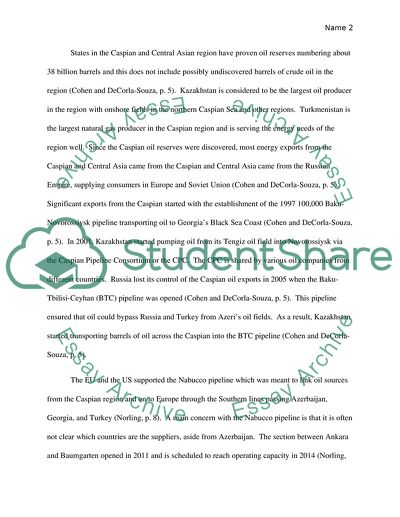Cite this document
(“Eurasian Energy Politics and Security Research Paper”, n.d.)
Eurasian Energy Politics and Security Research Paper. Retrieved from https://studentshare.org/politics/1776171-eurasian-energy-politics-and-security
Eurasian Energy Politics and Security Research Paper. Retrieved from https://studentshare.org/politics/1776171-eurasian-energy-politics-and-security
(Eurasian Energy Politics and Security Research Paper)
Eurasian Energy Politics and Security Research Paper. https://studentshare.org/politics/1776171-eurasian-energy-politics-and-security.
Eurasian Energy Politics and Security Research Paper. https://studentshare.org/politics/1776171-eurasian-energy-politics-and-security.
“Eurasian Energy Politics and Security Research Paper”, n.d. https://studentshare.org/politics/1776171-eurasian-energy-politics-and-security.


